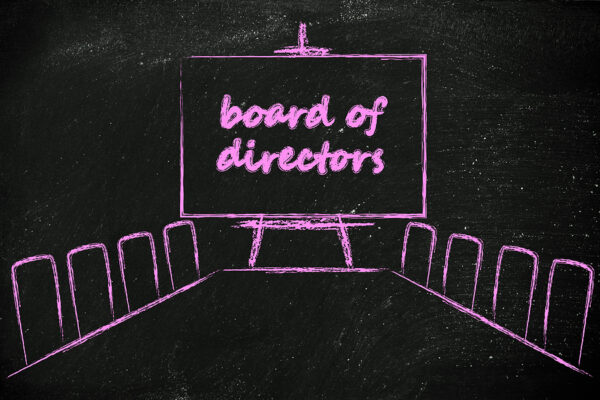No doubt this year, like every year, you have drawn up New Year’s resolution list. But be honest with yourself – how often have you really followed through on it? Most likely each list is an ‘old year’s’ confession list – list of all the things you didn’t do the year before.
But this year will be different. To really energise and motivate yourself for the New Year, it’s vital that you choose your attitude and set some specific targets. And this applies not just to you, but also your team – by helping team members follow these 10 tips, everyone will have happy and productive 2008.
Choose Your Attitude Contrary to what some people think, we are all able to choose our attitude, and regularly do so without even realising it. If we’ve had bad morning at work and key client calls, they will ask “How are you?” and you will answer “Excellent”. You just chose to be positive and upbeat. If you can do it over the phone, you can do it any time. So decide now you will feel energised and enthusiastic about what 2008 brings.
Set Inspiring Goals Choosing compelling goal drives us towards achievement. So set goals that inspire both you and your team to achieve, and ensure each goal has timeline. Without timelines and deadlines, it’s too easy to procrastinate.
Build Compelling Reason Nobody ever said life was meant to be easy, and hurdles may well appear on the way to achieving your goal. If you and your team don’t have compelling reason to achieve the goal then you are all likely to fail. compelling reason is something that will motivate you to get back up and try again. This reason may differ between individuals, so find out what works for every team member.
Visualise Success Ensure you focus on what you want rather than what you don’t want. Our brain has difficulty in focusing on the reverse of an idea, so focusing on not missing the deadline or I hope I don’t look nervous when I present is more likely to create the outcome you don’t want. Instead, focus on completing the project on time and under budget or I want to look positive and confident when I present. You will be more positive about working towards something you want. Ensure your visualisation is multi-sensory – what will achieving the goal look like, feel like and sound like?
Take Action Once you decide on your goals you must take some action towards them as soon as possible, otherwise the law of diminishing intent sets in. Make sure every team member has something to act on straight away so they also maintain their momentum.
Notice Results Pay attention to what happens as result of your actions. regular check in with how you are progressing towards your original goal keeps you on track. Likewise, notice what results your team members are achieving and regularly check in with what is happening, where they are going and what else they may need to get there.
Change Your Approach If you are moving off track, change your strategy and realign your actions and behaviour towards your original goal. If member of your team is drifting off track, gently bring them back, remind them of the goal and help them find new approach that will get them there.
Model Excellence Has someone else already achieved the goal? If so, find out how they did it and use some of their expertise. Encourage your team to learn from how other people achieve their goals.
Be Aware of ‘Excusitis’ Pay attention to the words you and your team use when describing how close or far you are to achieving your goal. For example, if we use language like “We haven’t got enough budget” then you are using the lack of budget as an excuse for inaction. Having ‘excusitis’ is fatal to achieving most goals. Changing your language to “What can we do with the budget we’ve got?” or “How can I secure more budget?” puts us into solution, and therefore action, mode. If we consistently use language that absolves us of responsibility for achieving the goal, we are less likely to achieve it.
Regularly Revisit Your Goals As you move towards the original goal, reassess if it is still the right one. Changing circumstances may mean you need to change it slightly, or emphasise different aspects. Ensuring the goal is still current and relevant is the key to remaining motivated to achieving it.
Peter Clark is mindset consultant at RogenSi.











